Read on to learn about the 10 essential job skills for professional success in today’s workplaces. Certain abilities are useful in almost every field of employment. Both industry-specific and more generalized knowledge and key skills are acceptable here. These abilities may be honed with the help of classroom instruction, internet tutorials, and regular practice.
What makes someone successful in the workplace are their abilities, qualities, and experiences that they can use for their job. There are two types of work-related skills: hard and soft. Hard talents are those fundamental abilities and areas of expertise that you need to do the work. An accountant, for instance, has to understand various budgeting methods and be able to accurately compute numbers like gross revenue. Soft talents, such as organizational and leadership abilities, are transferable and useful in any profession.
There are many different broad categories of job skills that are valuable in the job, including the following:
- Interpersonal Skills: Interpersonal skills are the sorts of talents that may help you get along with other people. Two examples of interpersonal skills include good communication and listening ability.
- Technical Skills: One example of a technical skill is the capability to operate different types of equipment, tools, or software. It is almost guaranteed that the precise skills necessary to succeed in a particular line of work will change often.
- Professional Skills: Professional skills include both the concrete behaviours and the more abstract competencies needed to excel in an organizational setting.
Here are the essential key skills every student and job seeker needs to master to get their dream career opportunity:
Table of Contents
1. Problem-solving as a Key skill
Employees in practically every sector rely heavily on software and programs to facilitate the performance of routine activities. Teams require someone who can quickly pick up new software while still being proficient in the basics, such as email, word processing, and spreadsheet tools. When you first start working, you’ll probably have to learn how to use a bunch of different applications, both generic ones and ones that are specialized to your sector or employer. The willingness to put in the time and effort to master the fundamentals of computers and industry-standard software will impress employers.

Not only should you be proficient with computers, but also with any and all mechanical and technical components that pertain to your job. To sell medical equipment, for instance, you need to be able to show potential customers your product in action and field any questions they may have. Expert technicians like plumbers and electricians need to be familiar with the specialized equipment used in their fields. It is not enough to just be able to handle and maintain technical equipment; one must also be familiar with all applicable safety standards.
2. Decision Making
Every worker, at some point in their career, will need to use their ability to make decisions. If you want to demonstrate that you have excellent decision-making skills, you’ll need to choose the greatest option in the smallest amount of time and provide justifications for your choices. The more senior the position, the more challenging these choices tend to be. Making difficult choices under duress is something many workers have to do often.
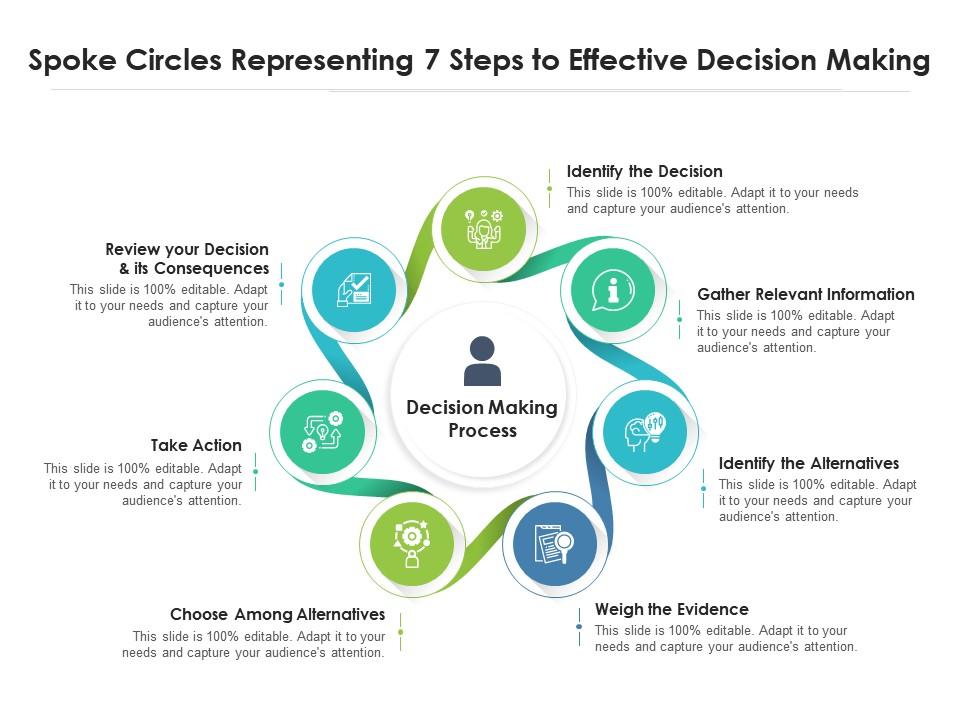
Therefore, prospective employers should ensure that the candidates they consider have the initiative and sound judgment necessary to successfully navigate challenging circumstances. Making choices is an important part of some jobs (like managing). Accordingly, it is important for businesses to evaluate candidates based on their discernment skills. Skills tests and activities via an interview or assessment centre are fantastic approaches to do this. Of course, decision-making is not only relegated to a management function; it pertains to practically every profession at every level. The ability to make sound choices is essential to running a successful organization. The ability to make difficult choices when under duress is a necessary talent in many fields.
Employers prefer to respect decision-making since it is a talent that is needed in many different contexts across many business domains – from daily jobs to more complicated projects or unanticipated crises. More weight will be given to decision-making abilities in the hiring process if they are crucial to success in the position for which you are applying. Employers’ methods for evaluating applicants’ ability to make decisions may vary according to the nature of the tasks they set, but most will include a time constraint and the need to justify the candidate’s thought process.
3. Communication Skill
Being able to express oneself clearly is one of the most crucial abilities one may have. It’s the basis for all of our interactions with others; without it, none of us would be able to communicate effectively or comprehend what the other is saying. It’s easy to see how ingrained the need to communicate is when you see a newborn focus closely on its mother and attempt to imitate the noises she makes.
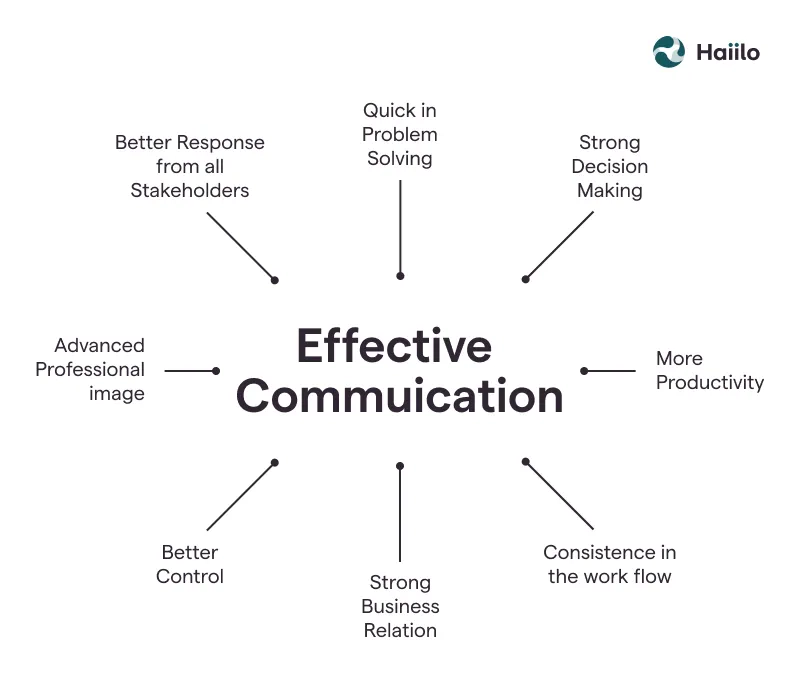
At its core, communication is the process of sharing knowledge between people or groups physically separated. It might be verbal (spoken), written (in print or online), graphic (logos, maps, charts, graphs), or nonverbal (body language) (using body language, gestures and the tone and pitch of voice). Practically speaking, it’s usually a mix of a few of these.
Mastering the art of communication may take a lifetime if it’s even possible. The good news is that there are numerous simple steps you can take to boost your communication abilities and become a better information transmitter and receiver.
4. Collaboration- key skills
When two or more persons join forces to complete an undertaking, they are said to be “collaborating.” As a consequence, the ability to work well with others and produce outcomes as a team encompasses the whole range of abilities necessary for effective teamwork. Workplace collaboration skills make for a strong team member, communicator, decision-maker, and leader.
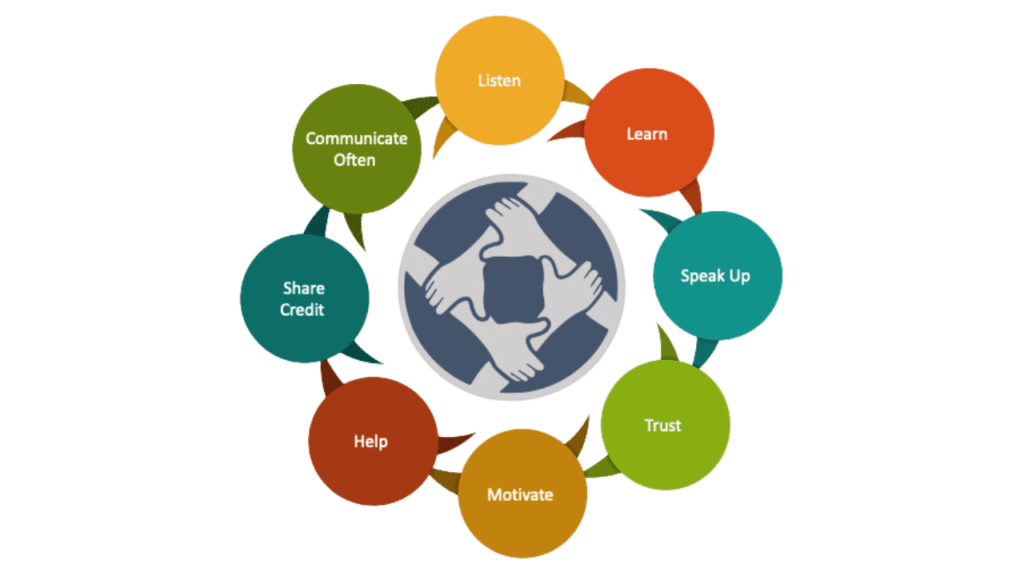
Working on a project together with others is just one aspect of collaboration. Successful teamwork requires the ability to connect with your colleagues, handle disagreements constructively, and provide an open, safe space for everyone. Workplace examples of collaborative abilities include:
- Sharing recent developments with your boss and asking for input
- Acknowledgement of the efforts of others in the team
- The effectiveness of a group may be greatly enhanced by its members sharing their ideas and hints with one another.
- Managing conflicts on a team by stepping in and trying to get people to stop fighting with one other
- Building a culture of acceptance and respect in the workplace for the benefit of all team members.
5. Adaptability as a job skill
Adaptability is a critical job skill in today’s job market, as it enables individuals to respond effectively to change and adjust to new situations. In a fast-paced, constantly evolving work environment, the ability to adapt quickly and efficiently can make a significant impact on an individual’s success.
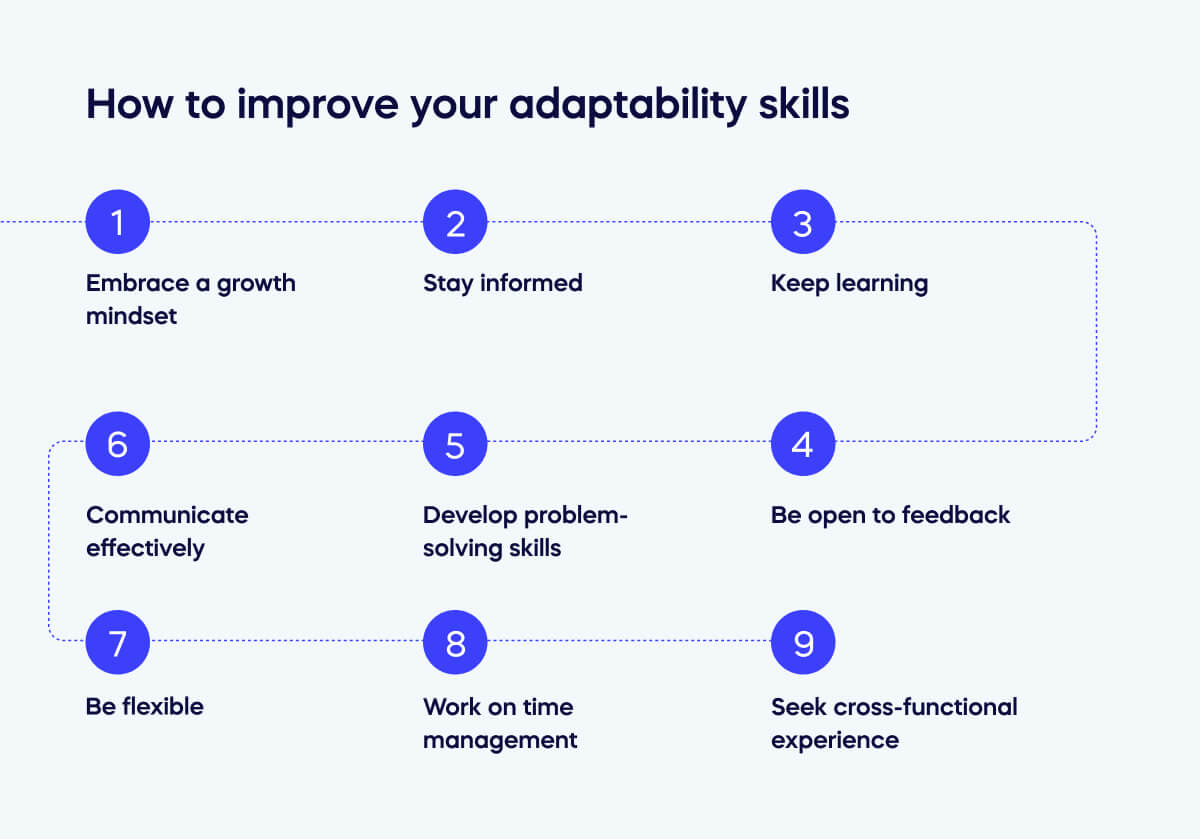
Adaptability can be demonstrated in a variety of ways, such as the willingness to take on new tasks or responsibilities, the ability to learn quickly and apply new knowledge, and an open-minded approach to change. It is also important to be able to work effectively in a team and collaborate with others, as well as have strong communication and interpersonal skills.
Moreover, adaptability is not just about being flexible in the face of change, it’s about being proactive in seeking out new challenges and opportunities for growth. By being proactive, individuals can position themselves for success in the future and remain competitive in a constantly changing job market.
In conclusion, adaptability is crucial for success in today’s job market. Those who possess this skill have the ability to quickly adapt to new situations and continuously improve their skills, making them valuable assets to any organization. So, be proactive, embrace change and constantly work on developing your adaptability skills.
6. Analytical Skill
Analytical skills are important for job success as they allow employees to effectively process and interpret data, make informed decisions, and solve problems. Some of the benefits of having strong analytical skills in the workplace include:
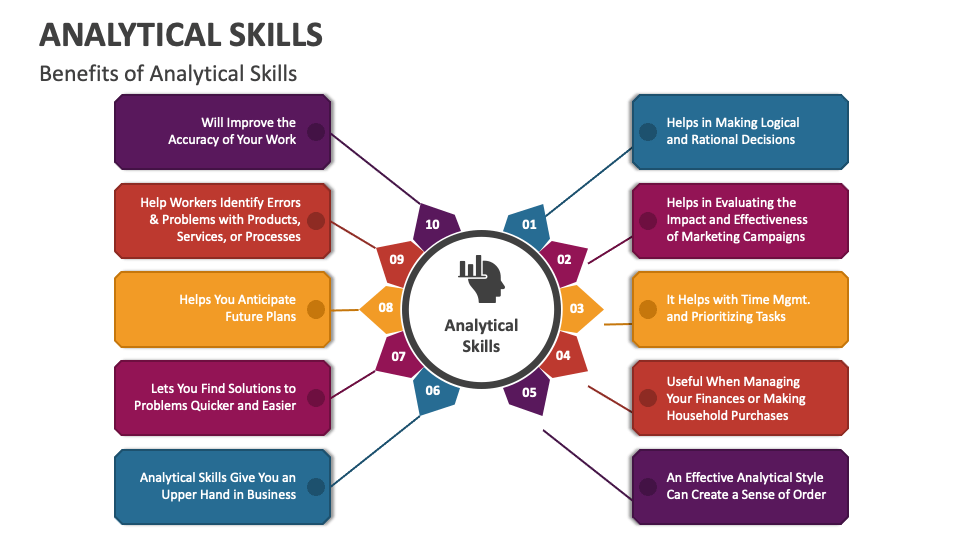
- Improved decision-making: Analytical skills enable employees to effectively evaluate information and make informed decisions that achieve desired outcomes.
- Problem-solving: Analytical skills are useful for breaking down complex problems into smaller, more manageable parts and developing effective solutions.
- Increased efficiency: By analyzing data and processes, employees with strong analytical skills can identify opportunities for improvement and streamline work processes.
- Better communication: Analytical skills are important for presenting findings and recommendations in a clear, concise, and persuasive manner.
- Career advancement: Companies value employees who can make informed decisions, solve problems effectively, and communicate their thoughts clearly. Therefore, having strong analytical skills can help employees advance their careers and take on more responsibilities.
In conclusion, analytical skills are essential for job success, as they enable employees to process information, make informed decisions, and solve problems effectively. Employers often seek out candidates with strong analytical skills, as they can bring significant value to an organization.
7. Critical Thinking & Innovation
Critical thinking and innovation are two important skills that are highly valued by employers in today’s fast-paced and constantly changing job market.
Critical thinking is the ability to analyze information, evaluate arguments, and make sound decisions based on evidence. This skill involves breaking down complex problems into smaller parts, considering multiple perspectives, and making informed decisions based on the best available information. Critical thinking is essential for solving problems, making decisions, and improving processes in the workplace. It helps employees to think creatively, identify opportunities for improvement, and make decisions that are in the best interest of the organization.
Innovation, on the other hand, is the development of new and improved ideas, products, and processes. Innovation requires employees to think outside of the box and come up with creative solutions to problems. This skill is essential in today’s fast-paced and constantly changing job market, as companies must be able to adapt to new technologies, changing customer needs, and evolving markets. Innovation helps companies stay ahead of the competition, improve processes, and increase efficiency.
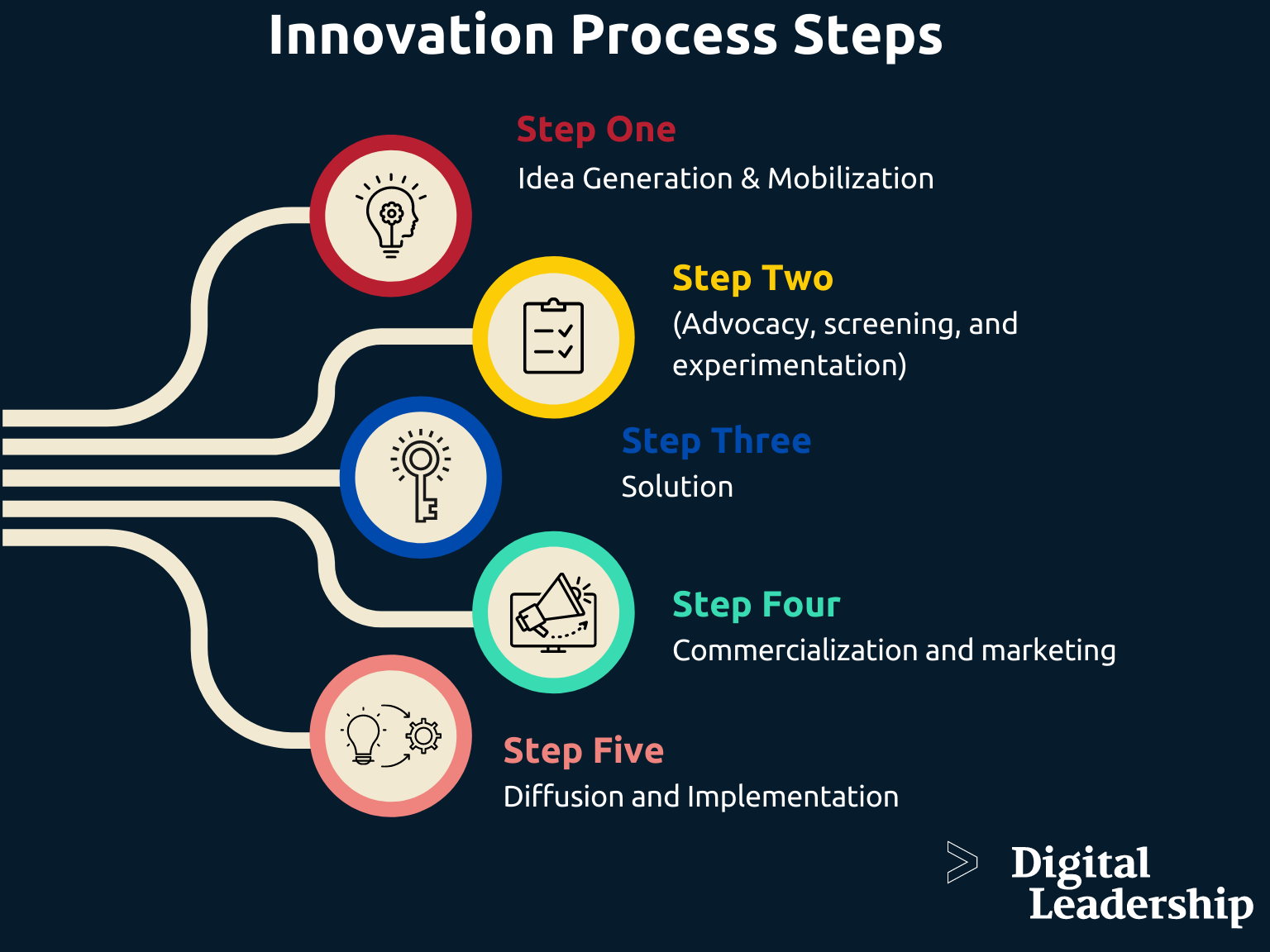
Critical thinking and innovation are closely related, as innovative solutions often emerge from a thorough analysis of problems and the creative application of critical thinking skills. For example, an employee with strong critical thinking skills may analyze a problem, identify a potential solution, and then use their creativity to develop a new and improved approach.
In conclusion, both critical thinking and innovation are essential skills for success in today’s job market. Employers value employees who can analyze information, make informed decisions, and develop new and improved ideas and processes. By developing these skills, employees can not only improve their job performance but also position themselves for career advancement and long-term success in their careers.
8. Leadership skill
Leadership skills are critical for the success of any organization. Effective leaders are able to inspire, motivate, and guide their teams to achieve their goals and drive business success. The following are some of the ways in which strong leadership skills can positively impact an organization:
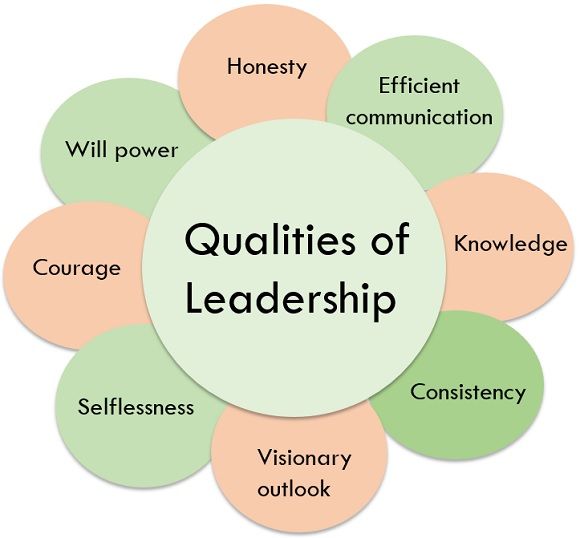
- Improved team performance: Leaders who are skilled in communicating, delegating, and motivating their teams can significantly improve the performance of their teams and drive business success.
- Increased employee engagement: Effective leaders are able to create a positive and engaging work environment, which can lead to increased employee satisfaction and motivation.
- Better decision-making: Strong leaders are able to make informed decisions that are in the best interest of their teams and the organization as a whole.
- Improved innovation: Leaders who are skilled in fostering a culture of innovation can drive the development of new and improved products, services, and processes.
- Better adaptation to change: Effective leaders are able to navigate change and help their teams adapt to new challenges and opportunities.
In conclusion, strong leadership skills are essential for the success of any organization. By developing these skills, leaders can inspire and motivate their teams, make informed decisions, and drive business success. As such, organizations should prioritize the development of leadership skills at all levels of their workforce.
9. Organizational Skills
Workers in a wide variety of roles may benefit from the time-saving effects of good organizational abilities. Keeping your physical and virtual workspaces clean and tidy may aid in your ability to locate items quickly, reduce distractions, and increase concentration. Learn how to simplify, organize, and manage your working space by reading books on the subject or enrolling in an online program.
Good time management and stress reduction come from having strong organizing abilities in the workplace. A potential employer can trust that you will meet deadlines and make an effect on the job if your CV highlights your good organizing abilities. The ability to organize extends beyond the tasks at hand to include the objects around you. An office worker is expected to keep their desk tidy, just as a construction worker is expected to keep his vehicle and equipment tidy.
:max_bytes(150000):strip_icc()/organizational-skills-list-2063762-v5-5b749e9546e0fb00254cc426.png)
Proof that you are the following is shown by your organizational abilities:
- Capable of working independently and meeting set deadlines. One’s ability to fulfil deadlines and take care of routine work depends on how well-organized they are.
- Someone who knows how to set priorities and stick to them. You can prioritize your work because you have an understanding of what has to be done and how critical it is.
- Someone who doesn’t want to work in a messy space and would rather not have to deal with it while trying to get work done.
- Able to put things in the right folders and file paperwork.
10. Technology Skills
Having technology skills is increasingly important in today’s job market, as many industries are relying more and more on technology to improve efficiency and productivity. Possessing a good understanding of technology can also open up new career opportunities and increase earning potential. Employers often seek out candidates with technology skills because they want employees who can:
- Effectively use software, hardware, and other technology tools to perform their job duties.
- Quickly adapt to new technologies and continue to develop their skills to stay current.
- Solve problems and troubleshoot technical issues.
- Streamline processes and improve efficiency through technology.
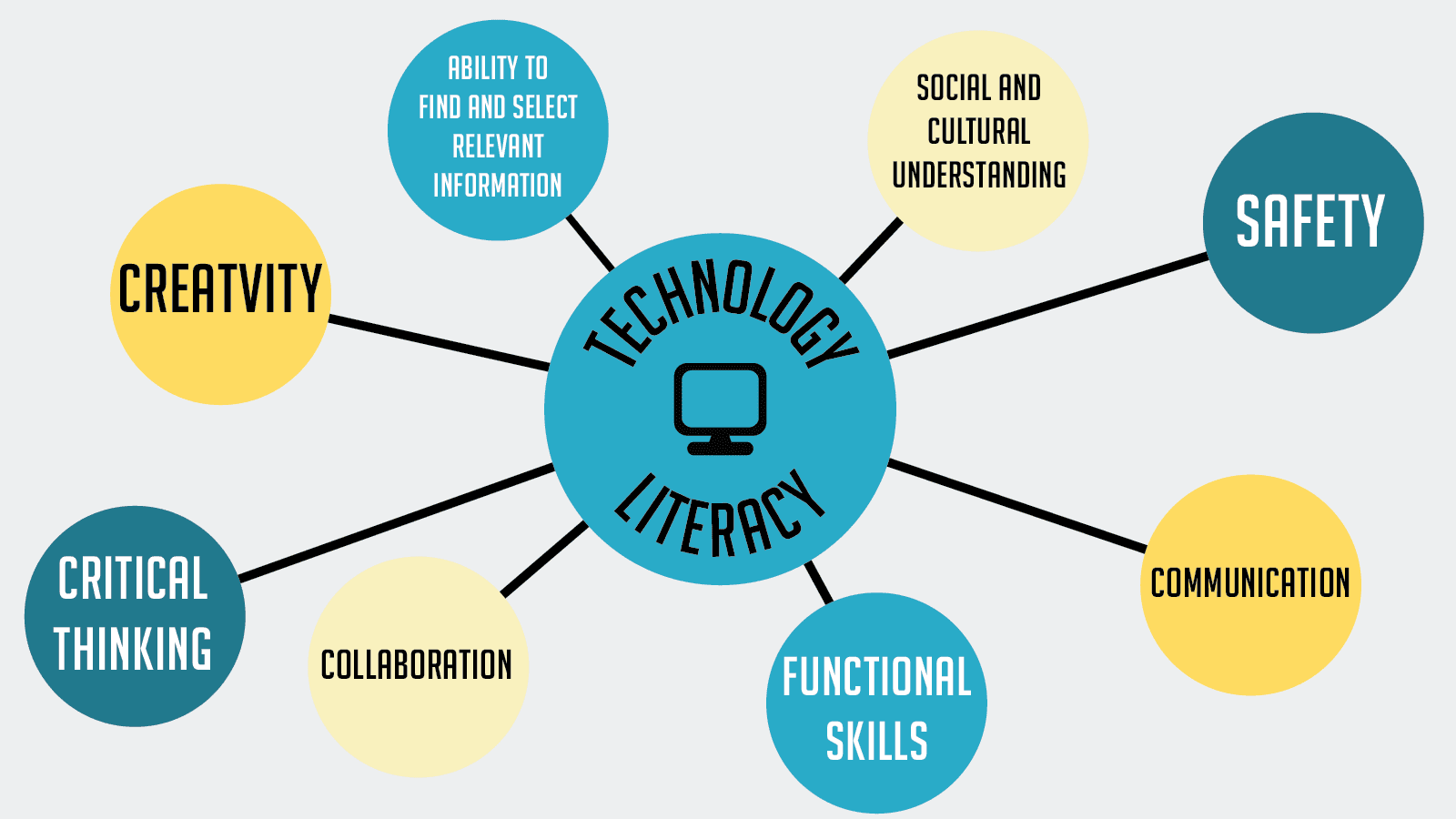
In summary, technology skills are a valuable asset in today’s job market and can help job seekers stand out from the competition, advance in their careers, and increase their earning potential.
11. Emotional Intelligence
Emotional intelligence (EI) refers to the ability to recognize, understand, and manage one’s own emotions, as well as the emotions of others. EI is a valuable skill for employees because it can improve:
- Interpersonal relationships: Employees with high EI are often better at building rapport, managing conflicts, and maintaining positive working relationships with their colleagues.
- Communication: Emotionally intelligent individuals are skilled at reading social cues and adapting their communication style to the needs of their audience.
- Leadership: EI is essential for effective leadership, as it enables leaders to understand the perspectives and emotions of their team members and make decisions that are in the best interest of everyone.
- Problem-solving: Employees with strong EI can better handle stressful situations and use their emotions to help them find creative solutions to complex problems.
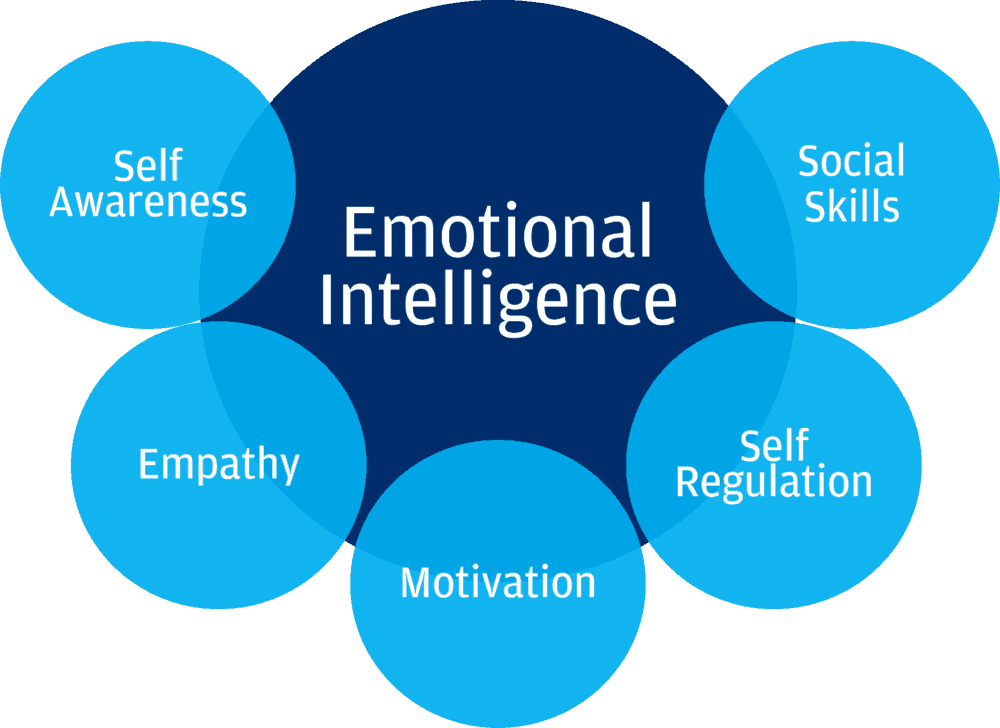
In conclusion, emotional intelligence is a valuable skill that can enhance job performance and help employees build successful careers. Employers often seek out candidates who demonstrate high levels of EI, as it can contribute to a positive work environment and improved job satisfaction for everyone.
You can also look for high-income skills and how to gain them to have a competitive edge and go for the exclusive dream career you wanted all of your life.


1 thought on “The 11 Key Skills for Pursuing an Exclusive Career in 2024”